Universities Will Never Be the Same After the Coronavirus Crisis
How virtual classrooms and dire finances could alter academia: the first chapter in a week-long series on science after the pandemic.
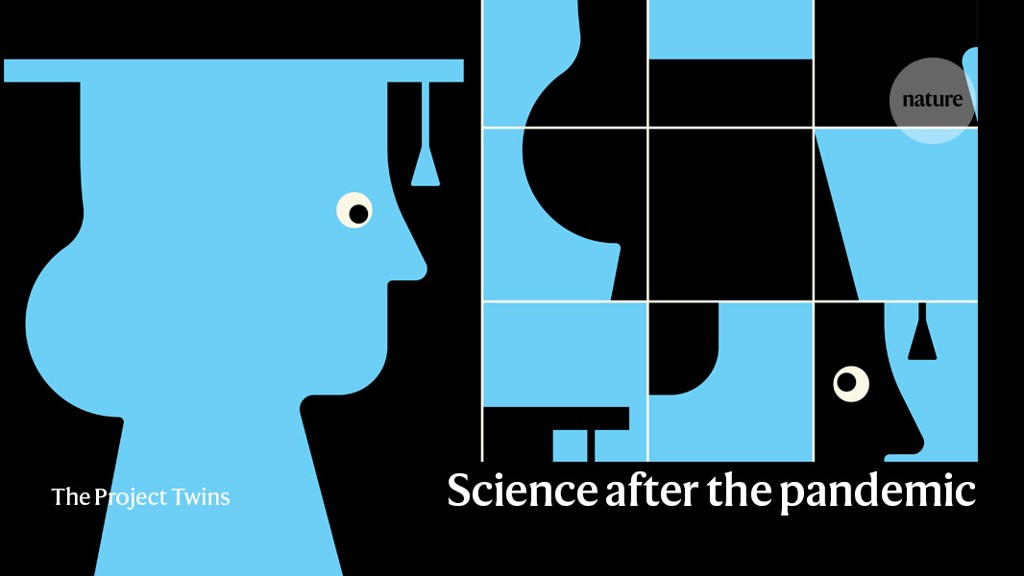
Send us a link
How virtual classrooms and dire finances could alter academia: the first chapter in a week-long series on science after the pandemic.

In an interview, the director of the National Institute for Allergy and Infectious Diseases expressed optimism on some fronts, and concern on others.

England is abandoning lockdown and possibly hope of containing a second wave of covid-19.
A platform to analyze the relationship between the evolution of the COVID-19 epidemic and the information dynamics on social media.
Early analyses suggest that female academics are posting fewer preprints and starting fewer research projects than their male peers.
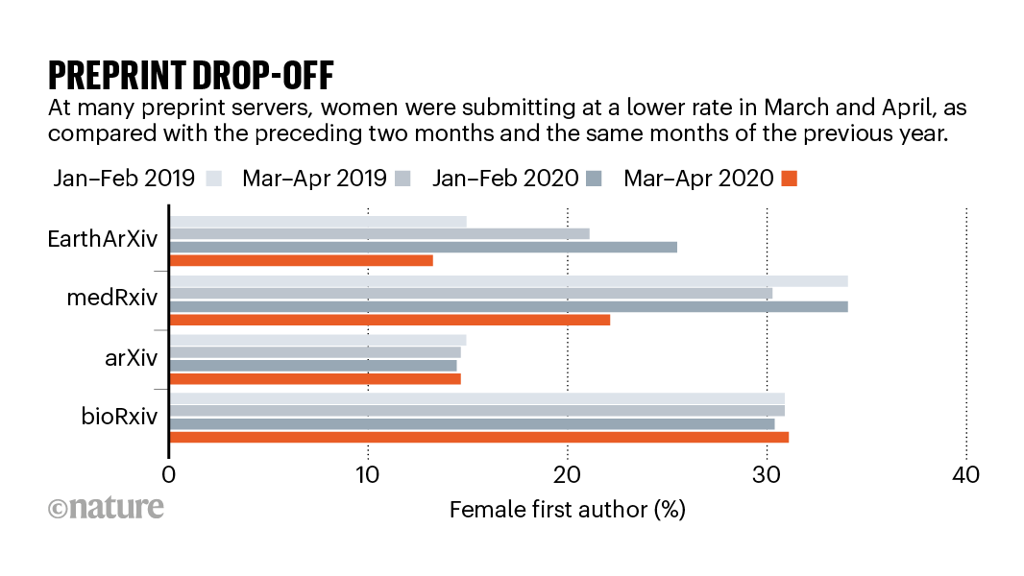
More than 120 researchers and medical professionals from around the world have written an open letter to the editor of the Lancet raising serious concerns about a large and widely publicised global study that prompted the World Health Organisation to halt several Covid-19 clinical trials.

Postdoctoral researchers play a crucial role in many research groups, serving as mentors, teachers, and leaders as they develop their skills and prepare for scientific careers. However, the coronavirus disease crisis has put funding and support for postdoc positions at risk, threatening to upend the career paths available to these junior scientists.
The testing project is proving to be a national model, because of the challenges the organizers overcame and what it showed about the spread of Covid-19.
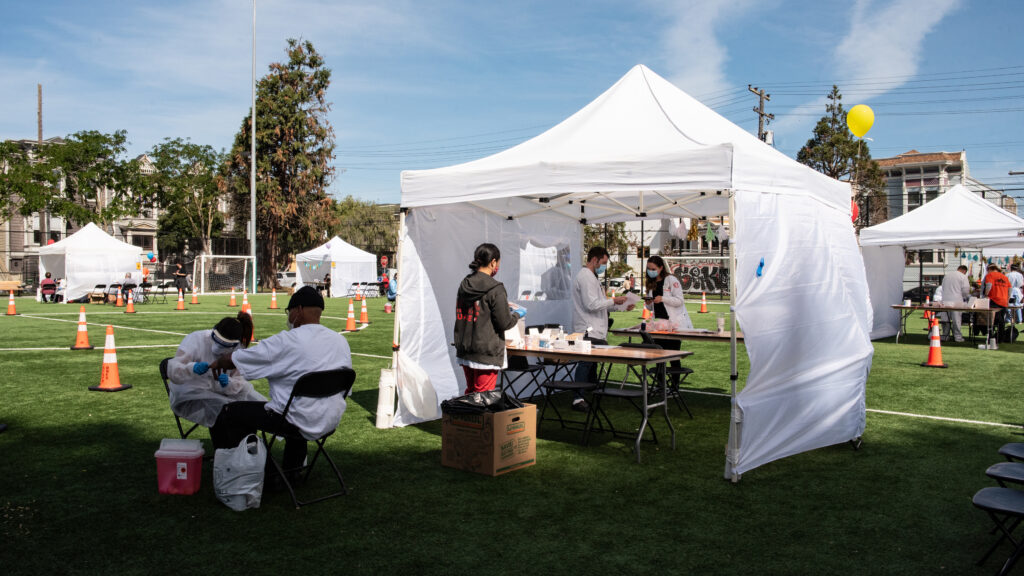
Possibly the only thing spreading faster than COVID-19 is the pseudoscience about COVID-19.
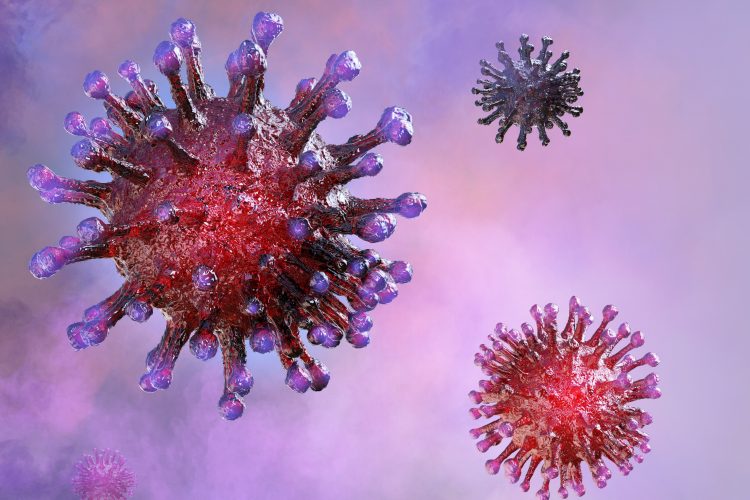
As the world attempts to cope with the devastating impact of the COVID-19 pandemic, researchers about to start PhDs and postdocs face particular challenges.
Analysts are tracking false rumours about COVID-19 in hopes of curbing their spread.
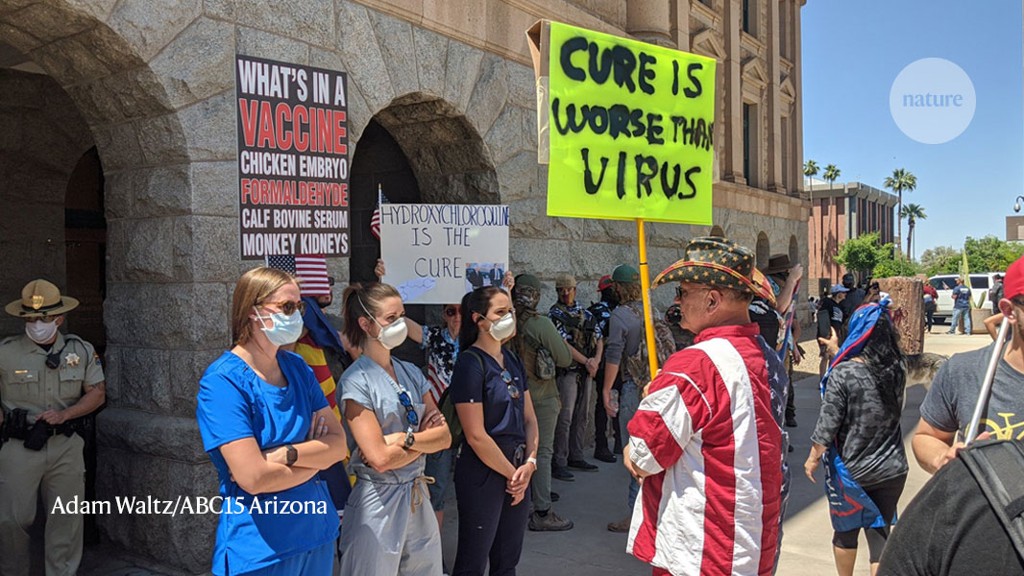
On 9 March, a patient who had recently traveled to Europe and had symptoms of COVID-19 visited the emergency department of St Augustine’s in Durban, South Africa. Eight weeks later, 39 patients and 80 staff linked to the hospital had been infected, and 15 patients had died.
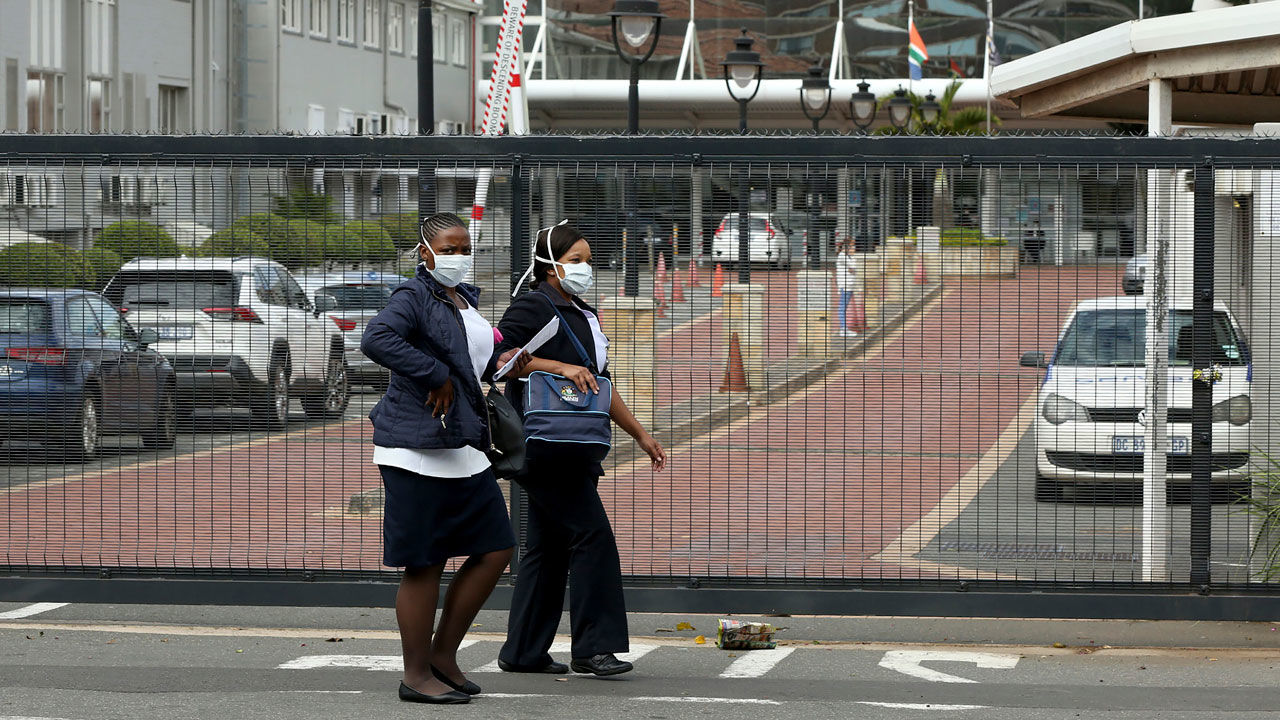
The authors of a preprint on use of hydroxychloroquine, the controversial drug heavily promoted by President Trump, have withdrawn the paper.

Nearly half of the Twitter accounts spreading messages on the social media platform about the coronavirus pandemic are likely bots, researchers at Carnegie Mellon University said.
Sweden has now overtaken the UK, Italy and Belgium to have the highest coronavirus per capita death rate in the world, throwing its decision to avoid a strict lockdown into further doubt.
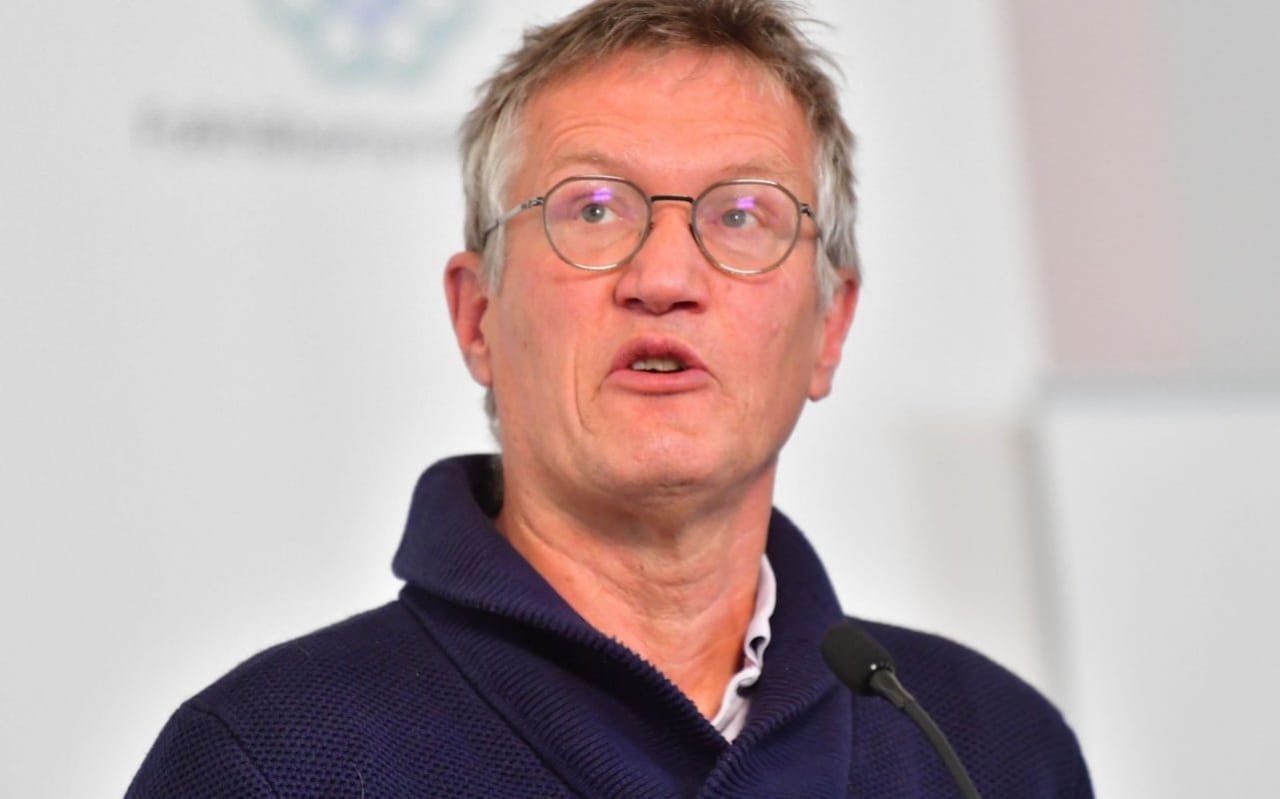
Anti-stay-at-home protesters aren't the only ones with an argument based on individual rights on their side.

In the midst of the COVID-19 pandemic, science is crucial to inform public policy. At the same time, mistrust of scientists and misinformation about scientific facts are rampant. Six scientists, actively involved in outreach, reflect on how to build a better understanding and trust of science.
Preprints analysis suggests a disproportionate impact on early career researchers.
The Swiss National Science Foundation's new Data Portal presents interactive key figures about research grant funding activity. In addition, its COVID-19 project registry provides information about Swiss research projects seeking answers to the COVID-19 pandemic.
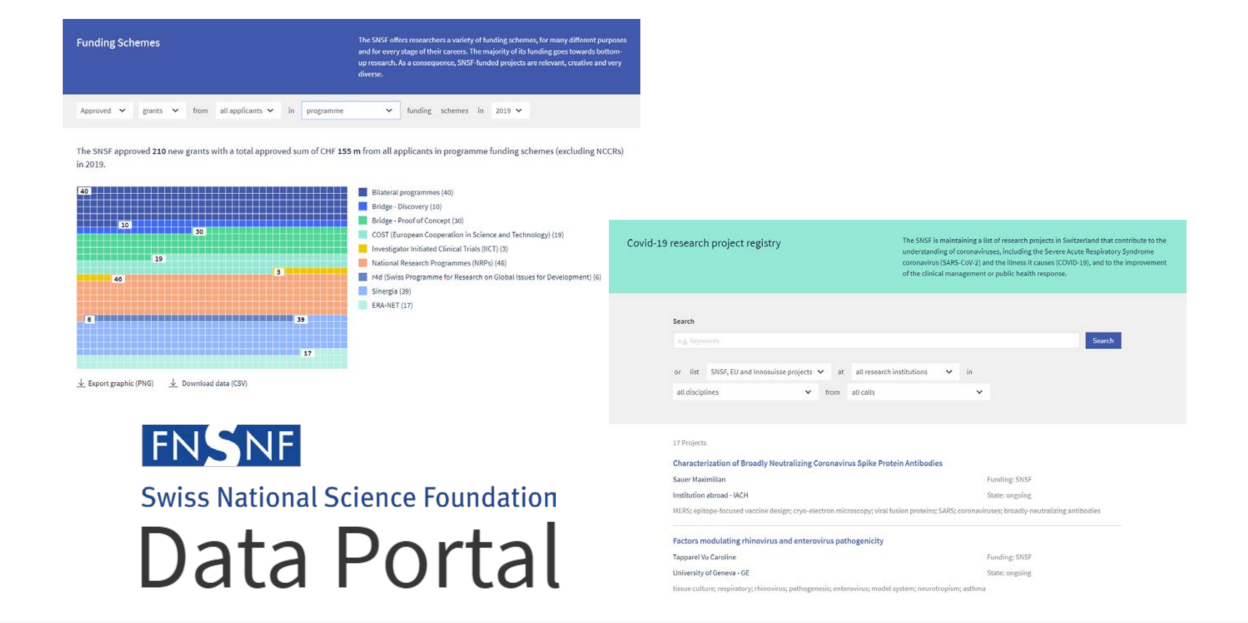
The immune response is similar to the response seen in people who have been infected by the virus, known as SARS-CoV-2, and recovered.
